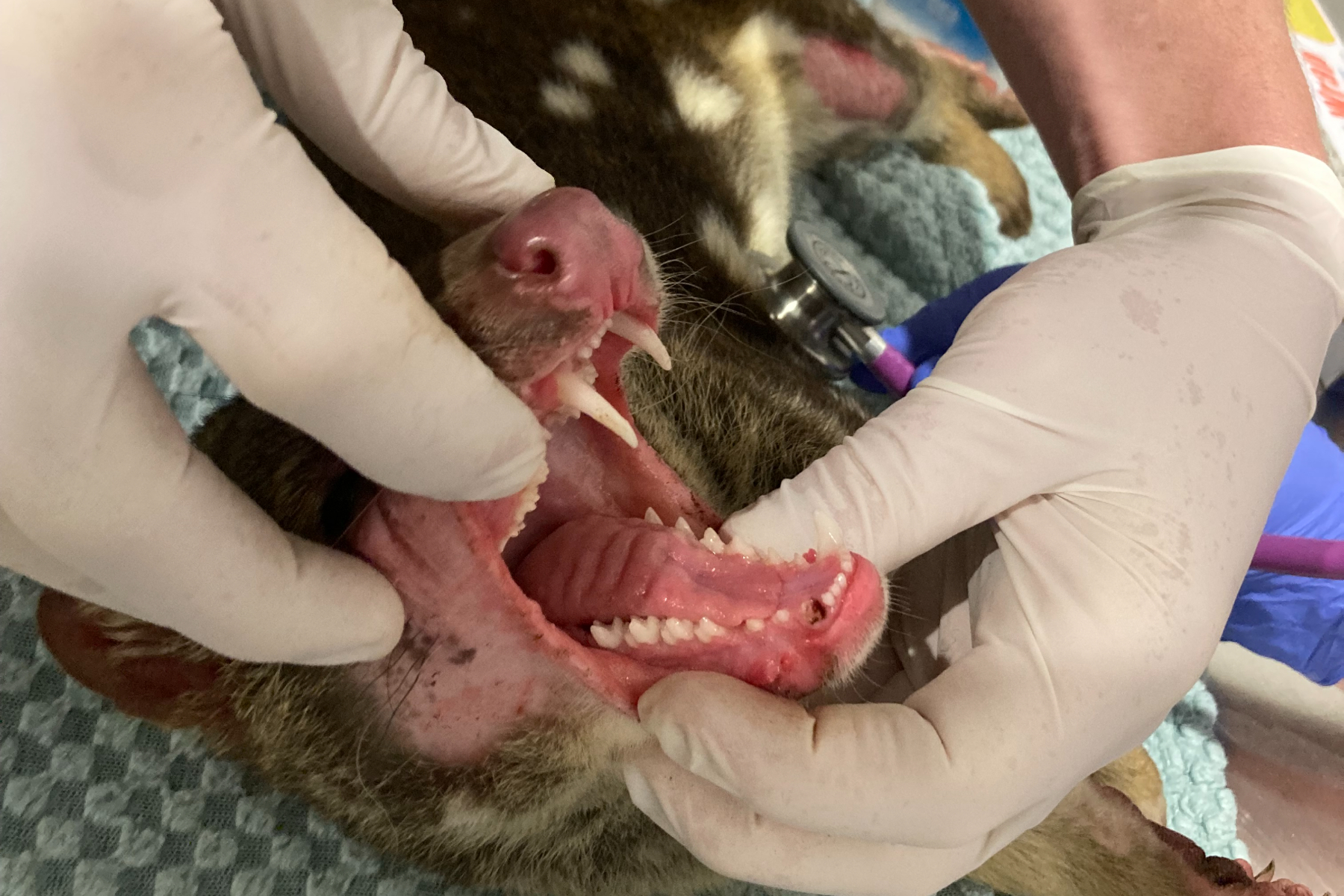I
hatestrongly dislike that they are using the word ‘extinct’ for an animal that is not.Local extinction (extirpation) is a legitimate concept that is heavily studied in ecology. Just because an animal is still alive somewhere it doesn’t mean that its absence from a region it has historically lived is irrelevant.
The audience for Newsweek is lay people not ecologists. It’s completely predictable that this usage of the word would create misunderstanding. Seems like misleading clickbait to me with a cover of plausible deniability.
Obviously, but that doesn’t mean they don’t interview ecologists or biologists. “Extirpation” is way less layman friendly than “locally extinct,” and the article makes it extremely clear that this is an animal that hadn’t been seen in a specific region for years. Skimming the headline and deciding it means “they thought it was completely extinct” is a problem with the reader, not the headline or the term “locally extinct.”
The title doesn’t say “locally extinct”. Do you really not understand how click bait titles work and why they are shitty?
You know I guess you have a point, if they’re writing for people who are too dim to realize “locally extinct” and “extinct in region” are the same concept.
Yeah I thought the same. How hard would it have been to add “thought to be” behind that.
And even then, it’s apparently still going in other areas, just “extinct” in that area.
Or they could have just said “not (verifiably) seen in the state for over a century”
It’s a bit weird because it’s “in a region”, which begs the question if I capture a creature from a different region and move it to a region where it was extinct, is it extinct anymore? (There being only one also means it will quickly become 0 again.)
Idk, just a weird thought.
Well when you think the animal is extinct for over 100 years it’s generally the word you use.
deleted by creator
They didn’t think that the animal was extinct for over 100 years though. There are threatened populations in QLD, NSW, tassie etc.; they just hadn’t been seen in the state of SA in 100+ years.
So now it’s a tinct animal?
Retinct?
Exextinct
Untinct?
extirpated
This is the best summary I could come up with:
“The species was considered extinct in South Australia, with no official records for some 100 years or more,” National Parks and Wildlife Service (NPWS) Limestone Coast district ranger Ross Anderson told Newsweek.
“I expected to find a cat, but I found this little animal instead,” Pao told local news ABC South East SA.
The quolls usually eat a wide range of prey, including lizards, snakes, poultry, small rodents, and other marsupials such as wombats and wallabies.
“Part of the reason they’re thought to have become extinct here in the South East is due to a loss of habitat, but they can survive anywhere from forests to more open country,” Anderson told ABC.
The quoll was caught in another trap by the NPWS on Wednesday, and the experts hope to genetically test the animal to join the dots of its origins.
We wouldn’t recommend people try to trap them or interact with them themselves, however, but trail cameras are a really good way of recording and monitoring any suspected quoll populations or activity in the local area," Anderson said.
The original article contains 692 words, the summary contains 178 words. Saved 74%. I’m a bot and I’m open source!




